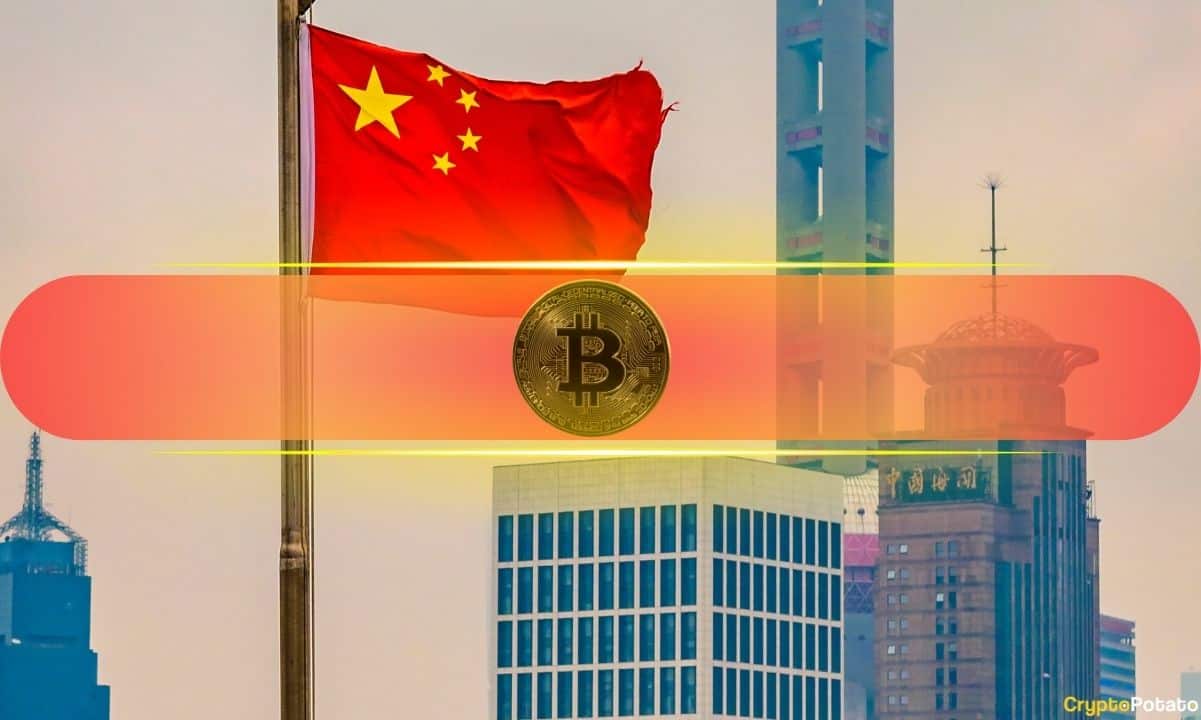
During the 2024 Tsinghua PBC Chief Economist Forum, former Chinese Vice Minister of Finance Zhu Guangyao called for a reassessment of China’s policies regarding the cryptocurrency sector.
He highlighted the changing global perspective on digital currencies, particularly in the United States, where this asset class has garnered political backing from influential figures, such as U.S. presidential hopeful Donald Trump.
Changes in Policy
In his address, Zhu recognized the dangers and hurdles linked with cryptocurrencies but stressed the importance of China closely monitoring global trends and policy changes.
“There are adverse effects, and we must acknowledge the risks and dangers they pose to the capital market,” he remarked. “However, it is essential to analyze the latest international developments and policy changes, as this is vital for the advancement of the digital economy,” he further noted.
The former minister reflected on the worldwide development of digital currencies, mentioning that over the last ten years, the United States has consistently viewed them as a significant threat to international measures against money laundering and terrorist financing. Their unpredictable nature has also been viewed as a potential danger to the stability of global financial markets.
Nevertheless, Zhu pointed out that this year has seen a shift in their policy. He referenced Donald Trump’s 2024 presidential campaign, which has actively supported cryptocurrencies, with the politician openly warning that “we must embrace cryptocurrencies, or else China will surpass us.”
Furthermore, he highlighted the U.S. Securities and Exchange Commission (SEC) approving 11 Bitcoin exchange-traded funds (ETFs) earlier this year and subsequently allowing similar Ethereum (ETH) products despite previous hesitation from the agency.
Zhu also remarked that emerging economies, including BRICS countries like Russia, South Africa, Brazil, and India, are making strides to integrate cryptocurrencies into their financial infrastructures.
China’s Stance on Crypto
China’s relationship with the cryptocurrency market has been intricate and restrictive, changing every year as the government has adopted a more stringent approach toward digital assets.
This journey started in December 2013 when the People’s Bank of China (PBoC) and other regulatory entities issued a directive prohibiting banks from facilitating Bitcoin transactions.
In 2017, this crackdown intensified as the government banned Initial Coin Offerings (ICOs) in early September, labeling them illegal forms of public financing. Shortly after, the PBoC mandated that all cryptocurrency exchanges in China halt operations by the end of September due to concerns surrounding potential criminal activities such as drug trafficking and money laundering.
Consequently, major exchanges like Binance had to relocate, while traders increasingly shifted towards overseas platforms using VPNs. In 2021, the government escalated the situation by banning crypto mining and designating all crypto-related transactions as illegal.
However, recently, Hong Kong, a semi-autonomous region of China, has taken steps to embrace cryptocurrency. Operating under the “one country, two systems” framework, which enables it to uphold its own legal and economic systems, Hong Kong has established a clear regulatory framework for the industry and is actively seeking to attract global players to establish a presence in the city.
Binance Free $600 (CryptoPotato Exclusive): Use this link to register a new account and receive a $600 exclusive welcome offer on Binance (full details).
LIMITED OFFER 2024 at BYDFi Exchange: Up to $2,888 welcome reward, use this link to register and open a 100 USDT-M position for free!








